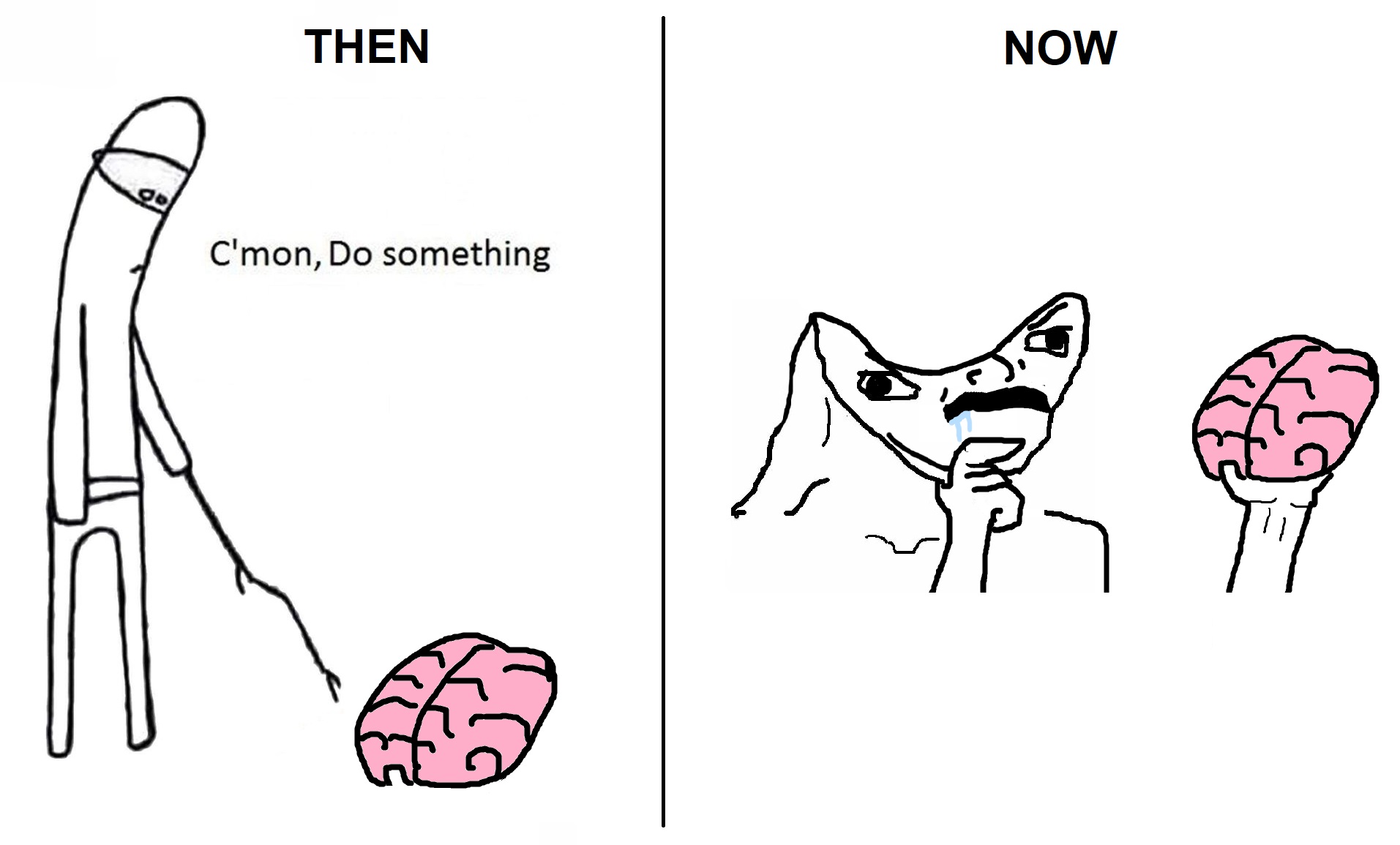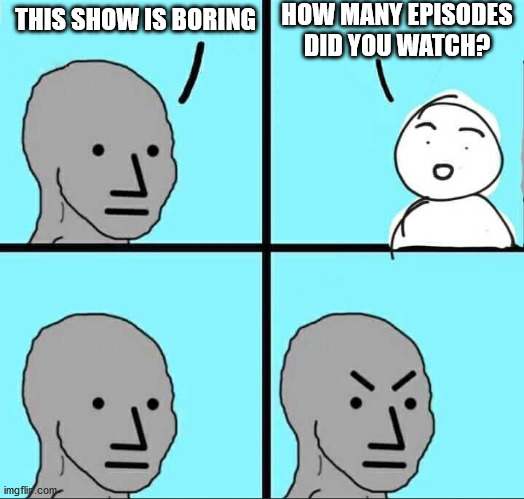Passivism in mainstream entetrtainment/infotainment/edutainment
A book is like a pump. It gives nothing unless first you give to it. You prime a pump with your own water, you work the handle with your own strength. You do this because you expect to get back more than you give . . . eventually. – Stephen King
The idea that humans have to be always entertained by someone is not very old. It was not that long ago when the onus of keeping people entertained was on the people themselves. Once in a while, for the lucky ones, a traveling band of musicians, bards, or actors might come around to put on a show. A select few might be influential enough to have such performers at their beck and call. However, most people, during most of their time, were left to amuse themselves. Whatever role entertainment played in their lives, it certainly didn’t make them passive spectators.

The arrival of phonographs, radio, and television changed all that. Now the performance could be separated from the performer, to be commoditized and sold to the public in bite-sized chunks. Although the printing press had been around for a while, increasing literacy rates and popularity of periodicals prompted a new phenomenon for books, which had previously served only as repositories of knowledge but were now co-opted as vehicles of entertainment. Since then, this trend has only become stronger. The idea that entertainment is something to be manufactured, purchased, and consumed just like any physical product has become firmly embedded in our minds.
The Internet has supposedly “democratized” many aspects of our society, including entertainment, by allowing average people to participate (in theory). However, in entertainment, this has simply resulted in a more direct line of communication between manufacturers and consumers, while allowing the control to remain largely in the hands of the manufacturers. It is debatable how much influence the average viewer has on a TV show. One could argue that people can influence the making of entertainment products by, for example, allowing streaming services to gather data about viewing habits and curating their products accordingly. But I think that kind of unintentional and indirect influence is very different from the conscious attempt to engage with what you’re consuming.
Why does that matter? Maybe it doesn’t, in the grand scheme of things. So what if entertainment has been added to the list of goods and services that are provided by the State and the Market for? We already depend on them for more essential necessities.
There is, however, reason to think that our changing relationship with entertainers is part of a deeper transformation in how information is disseminated. The line between what people watch for amusement and what they watch to be informed is less clear than in the earlier days of mass media. Infotainment and edutainment used to be fringe concepts but seem to have quickly gained acceptance in the mainstream. Superficially, this looks like a positive development, since packaging the boring “serious” things with entertainment will undoubtedly make them more palatable to mainstream viewers that information/education by itself. If more people can be informed, that is an unquestionable good, right?

Consider the following scenario. Two books deal with very similar subject matter. The first book has an excellent hook and highly accessible language, which pulls the reader right in. The prose flows easily from one chapter to the next, so no effort is required to keep up. The second book does not start off quite so well. The first few pages aren’t as interesting, the writing style is less approachable (full of jargon and complex sentence structure, requiring lots of re-reading and Googling) and the chapters are not as neatly organized. Which is the better book?
Conventional wisdom will probably crown the first book as the winner. It is worthwhile to note, however, that the previous paragraph does not answer the real questions. How enjoyable was the reading experience, in the long run? How useful was it? How rigorous and well-researched were the books? Our passivist expectations have created unfair new criteria and, sadly, many excellent creations will probably not pass muster. As Wittgenstein would say, using a ruler to measure a table might reveal more about the ruler than the table.
Passivism has its place. There’s nothing wrong with wanting to read a book or watch movies and TV shows as momentary distractions from life. But there is a deeper, more substantial enjoyment that comes from treating these things as part of life. It does not come free. Get ready to prime the pump if you want to taste the sweeter water.
